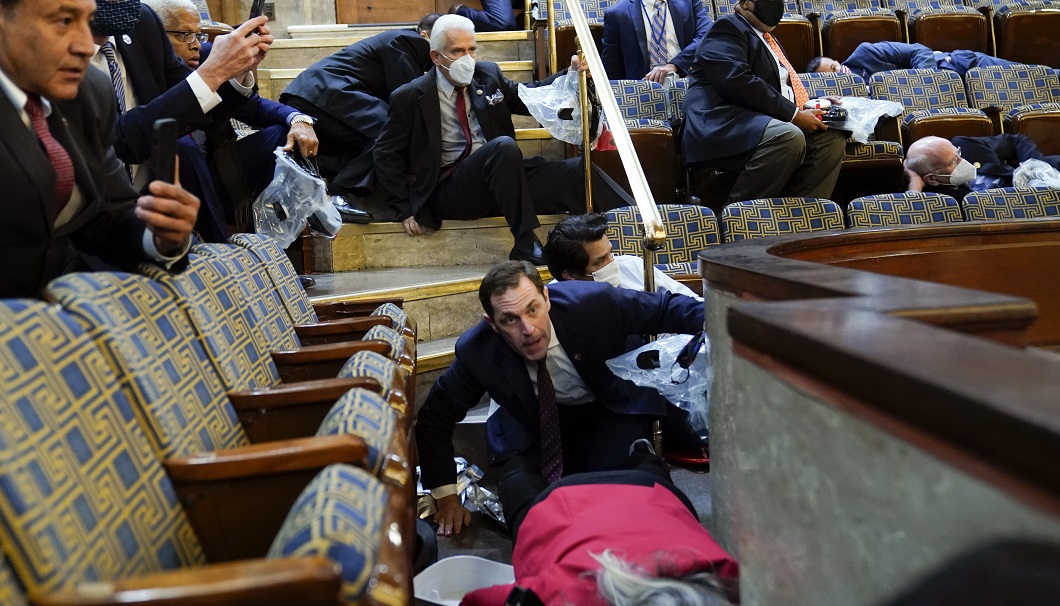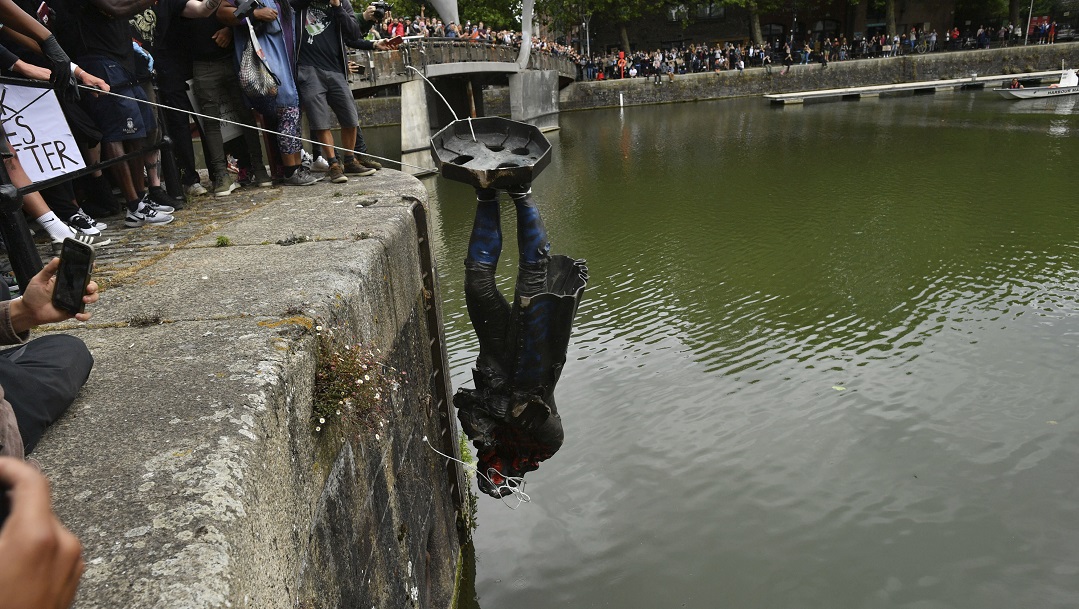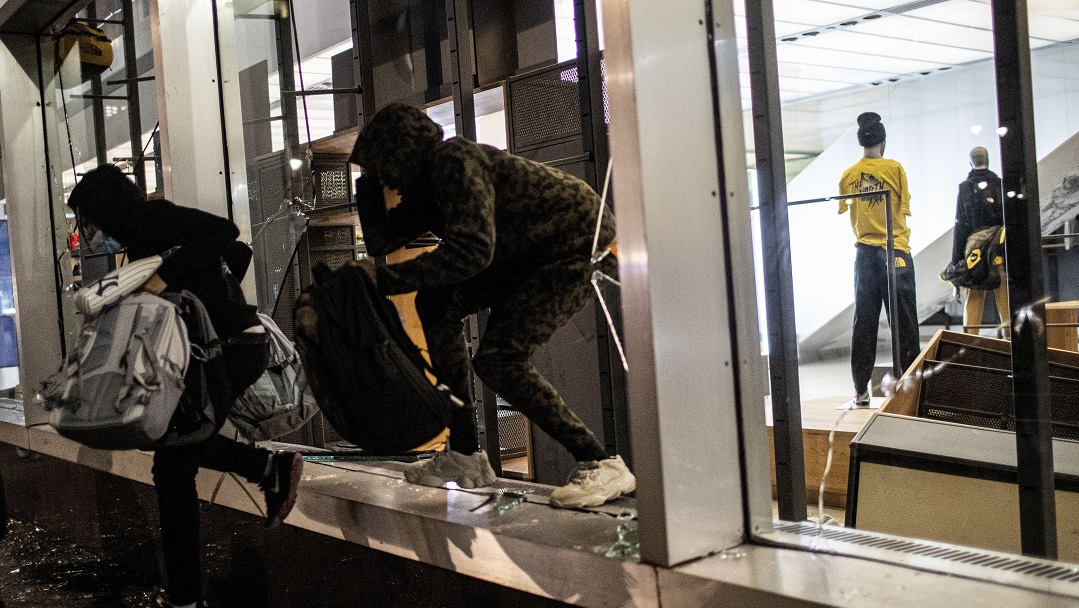Googling God

While most of us would settle for a cooling in the militancy of secularism, could the corona emergency inspire a full-fledged religious revival?

"T
his changes everything,” seems to be the consensus reaction to coronavirus.
A brief scan of the Guardian’s opinion section reveals that for animal rights activists, Covid-19 is a wakeup call to treat wildlife differently; feminists think the outcome would have been different if women were leading the world; there’s the “climate crisis” of course; even Jeremy Corbyn sees vindication for his monstrous economic policies.
In short, “everything” that is going to change depends on whatever change you think should be happening anyway.
That cautionary note in mind, it’s worth broadening the scope of the discussion posted below (Reset Redux | March 30, 2020) to think about how corona will change the wider world, meaning society beyond our communities.
Specifically, in religious terms, is the introspection that crisis brings to our community finding meaningful echoes elsewhere? Could coronavirus perhaps prove to be a turning point in the West’s freefall into secularism?
Just a few weeks ago, it would have been hard to perceive anything capable of slowing the secularist juggernaut that has reshaped Western morals over the last few decades. The astonishing collapse of moral values around same-gender marriage is one index. Gallup found that in 1996, 68% of Americans were against a legal definition of marriage beyond the traditional; by 2018, that had reversed, and 67% now support it.
Inevitably, shifts in social attitudes have been reflected in politics and law: in 2008, Candidate Obama said he didn’t think he’d witness the legalization of same-gender marriage in his lifetime. In 2015, it happened.
That collapse has gone even further in Britain. The country’s laws changed in 2013; five years later, religious schools in Britain came under pressure for not teaching children about the new dogma, as documented extensively in Mishpacha’s pages.
But while most of us would settle for a cooling in the militancy of secularism, could the corona emergency inspire a full-fledged religious revival?
Prayer emojis
Up to now, thinking along those lines has been limited to news items about national leaders from Australia to Italy calling for more prayer. But one piece of hard evidence has now emerged that shows a dramatic rise in interest in religion since the corona pandemic began. A University of Copenhagen study called “In Crisis, We Pray” found that Google searches for “prayer”, “God” and “Allah” skyrocketed from mid-March, when coronavirus hit Western countries.
Using data from 75 countries, Dr Jeanet Bentzen found that searches for “prayer” surpassed even those recorded in normal times of Christian and Muslim religious interest such as Easter and Ramadan. “I find that search intensity for prayer doubles for every 80,000 new registered cases of Covid-19,” she writes. “It occurs on all continents and for Christians and Muslims. Even Denmark, one of the least religious countries in the world sees systematic increases in internet searches on prayer.”
But although studies by the same author have found that the impact of natural disasters lasts for 3-6 years, and can be transferred to the next generation, it would require something far greater than the Great Recession of 2008 or disasters such as the 2010 Haiti earthquake to really reverse course.
The question is, earthshaking as Coronavirus is proving to be, does it fit the bill?
Atheists and foxholes
There is of course precedent for mass re-energization of Western religion. Victorian Britain was a more moral place than Georgian Britain a generation before. Repeated waves of religious enthusiasm called the “Great Awakenings” took place in 18th and 19th century Britain and America. In reaction to the secular Enlightenment and industrialization, new Christian denominations emerged, claiming thousands of new “converts”.
The caveat is that the Great Awakenings took place in very Christian societies that were already primed to see things through the lens of religion. Moreover, WWI and WWII were cataclysms that led to more, not less secularization.
So will Western religion revive? Possibly, but equally well, our generation could respond to greater hardship with less-committal “spirituality”, not necessarily God and religion.
Long March
As much as we’re primed to see a new world of Yichud Hashem emerge in the wake of coronavirus, there’s something that bears mentioning.
The long arc of history that began with the Enlightenment shows an unmistakable pattern: the slow, but steady, retreat of public religion in the Western world.
For every step back that secularism takes when the pendulum swings against it, it then takes two forward. Even the evangelical-friendly Trump administration must struggle mightily to reset some of the latest encroachments of the Obama years. Does anyone think that a return to 1950s morals is in the offing? In Britain and much of Western Europe, social conservatism is a shadow creature, venturing out into the public square in fear of condemnation.
Will coronavirus’ display of Heavenly might reverse centuries of secularization?
From the way that this important study on the groundswell of online religious searching is a non-story, we know one thing:
When the world of “Hashem Echad U’Shmo Echad” comes about, the last place you’ll hear about it is on mainstream media channels.
**You can submit your feedback in the space provided at the end of this post.
Oops! We could not locate your form.







